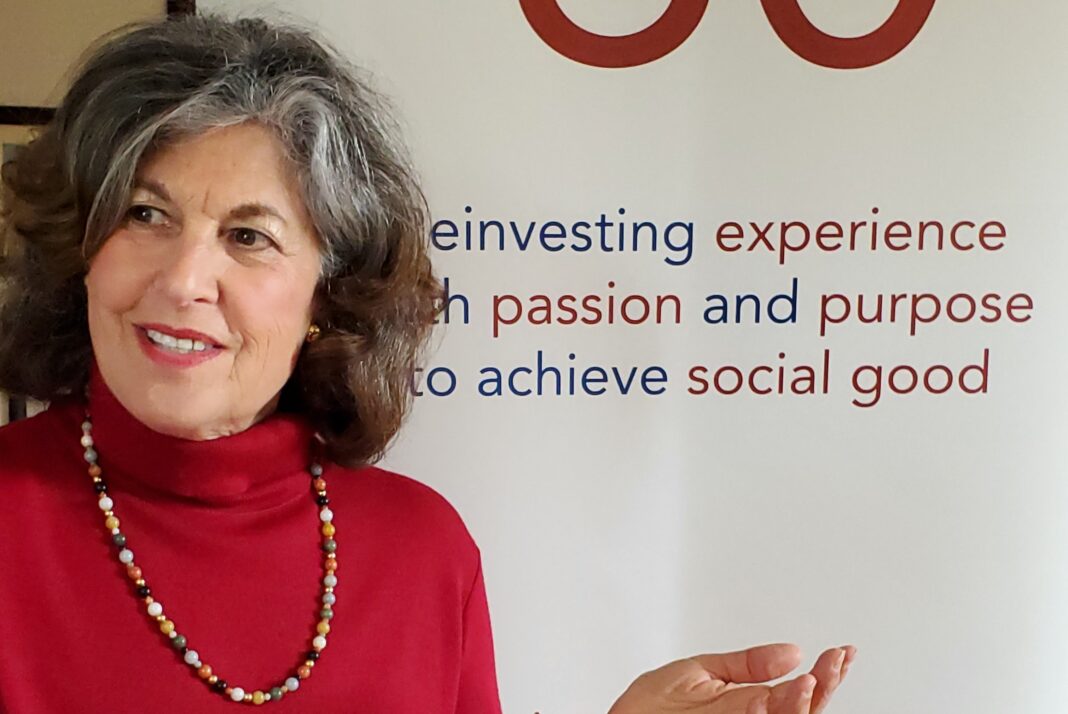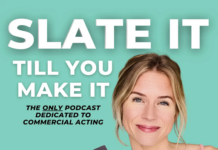In a world that often emphasizes the concept of age as a limitation, Helen Hirsh Spence challenges the status quo, urging individuals to reconsider the narrative surrounding aging. In her thought-provoking presentation, “What’s Age Got To Do With It?” Helen explores the untapped potential of our extended lives and advocates for a shift in perspective, encouraging society to embrace the additional 30 years we’ve been granted through medical and technological advancements.
Imagine being a first-time author on the verge of completing your manuscript, only to receive a call from the publisher requesting an additional 30 pages. Helen poses this scenario not as a literary challenge but as a metaphor for the gift of extra years we’ve received in our lives. Rather than treating these years as an appendage to the end of our existence, she suggests that, just like those extra manuscript pages, they belong at the heart of our life story.
Helen emphasizes the logical choice of integrating these bonus years into the fabric of our lives, challenging the societal norm that considers the traditional retirement age of 65 as the end of life. In a time when average life spans have extended to 82, and our grandchildren are projected to live to 100, she questions our collective approach to these additional decades. “What are we doing with those extra 30 years now?” she asks, pointing out that, unfortunately, for the most part, we’re wasting them.
The culprit, as Helen identifies it, is ageism – the socially acceptable and normalized “ism” that impacts everyone throughout their lives. Unlike sexism, ableism, and racism, ageism continues to persist, shaping perceptions and influencing societal attitudes. Despite aging myths that portray older generations as less savvy, Helen presents a compelling case: they are often the best-educated, most technologically adept, and healthiest demographic on record.
Despite prevailing myths, our brains continue to develop. Up to the age of 30, adults have “fluid intelligence” whereas in later life, they experience what’s known as “crystalized intelligence”. This challenges the notion that productivity has an expiry date, questioning whether hitting the magical age of 65 should be synonymous with having nothing left to offer or say. Helen doubts this, urging society to recognize the untapped wealth of knowledge and experience that older individuals possess.
However, ageism persists, rendering elders invisible and irrelevant in many societal contexts. Helen asserts that ageism not only affects individuals personally by shortening their lives by 7.5 years but also imposes social and economic costs on society at large. The consequences are clear: an aging population is a reality we all face, and the negative impact of ageism reverberates through various aspects of our lives.
Helen concludes her presentation with a powerful call to action. She challenges us to embrace the reality that we are as old as we’ve ever been and as young as we’ll ever be. It’s time to design a new map of life that extends throughout our years, allowing us to take full advantage of the additional 30 years we’ve gained. Let’s rebrand aging, she suggests, proudly claiming our years. At 74.3, Helen serves as a living testament to her message, reminding us all that aging is a privilege that deserves to be celebrated.







